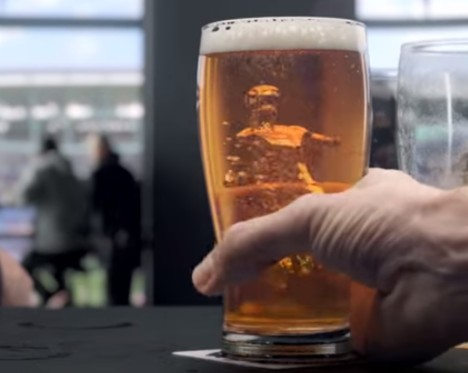DrinkWise campaign accused of public relations not public interest
Researchers at Edith Cowan University in Western Australia have accused the industry-funded Drinkwise campaign, aimed at reducing alcohol abuse amongst teenagers, of avoiding key messages and working to keep government pressure off the alcohol industry rather than promoting behaviour change.
The analysis of media releases sent out by Drinkwise over the course of five years claimed that much of the messaging was not aimed at the core group of parents who were meant to be the focus of the campaign, but sought to engage a broader group.
However, the industry funded body has fired back saying it is “bewildered” by the report and questioned why taxpayer funding had been used to support the research.



It’s such a cheap shot. Anyone can throw mud like that.
Surely there are better metrics than PR content to determine the success of a campaign?
I think that alcohol is here to stay and getting alcohol brands on board is certainly an important part of the whole purpose of ‘DrinkWise’ existence which is for people to drink wisely.
PR is just one aspect of a total campaign. Pity that people make assessments of campaign performance with most channels in isolation. Time for that to be changed and for the creative to be factored in as well. I certainly wish to change that process, and this highlights the industry wide trend/failing.
i have to agree with John Scott. the Drinkwise ads (IMO) are more effective than simply shouting “DON’T DRINK ALCOHOL, IT’S BAD FOR YOU, DO AS YOU’RE TOLD” which seems to be the preferred strategy of the pearl-clutchers and puritans in public health lobbying
i also think it’s a bit rough to draw conclusions about any business or organisation based on their press releases…
would love to read the ECU research – has anyone got an un-gated link?